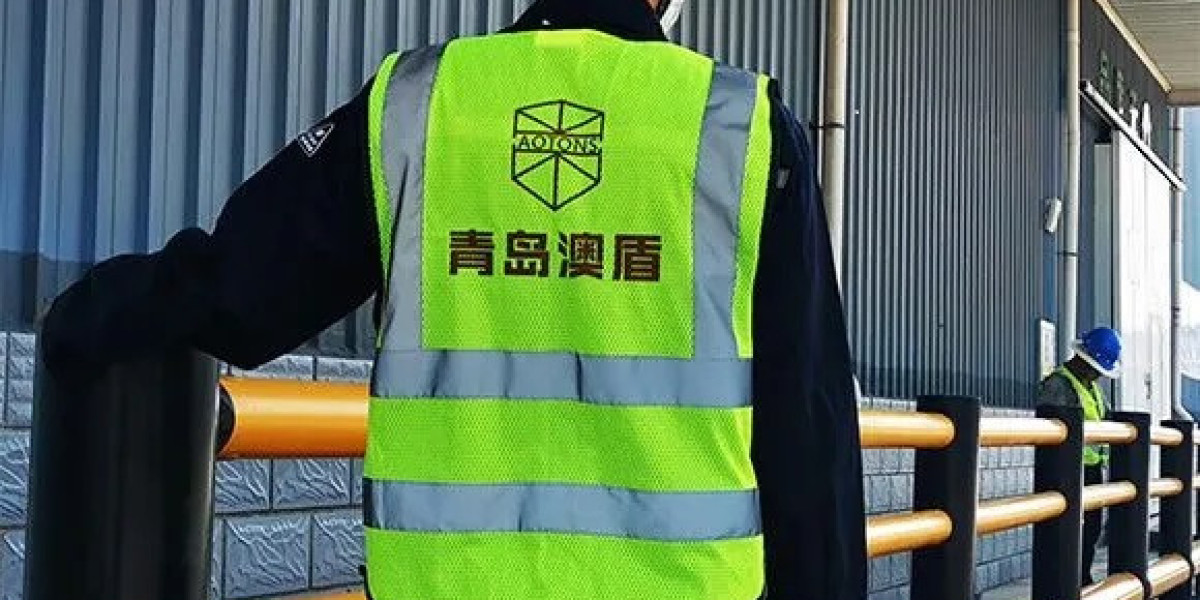Introduction
Embarking on a career as a Foreign Service Officer is a journey filled with challenges, excitement, and global impact. This guide aims to provide a comprehensive overview of what it takes to become a Foreign Service Officer, from the initial steps to the day-to-day responsibilities of the role.
1. Understanding the Role
Navigating through the complexities of diplomacy and international relations, a Foreign Service Officer represents their country's interests abroad. This multifaceted role involves negotiation, cultural understanding, and strategic decision-making.
1.1 Defining Diplomacy
Diplomacy serves as the cornerstone of a Foreign Service Officer's duties, encompassing negotiation, conflict resolution, and representation on behalf of their nation.
1.2 International Relations
Foreign Service Officers must possess a deep understanding of global affairs, including political, economic, and social dynamics shaping international relations.
2. Educational Requirements
A solid educational foundation is essential for aspiring Foreign Service Officers, typically requiring a bachelor's degree in fields such as international relations, political science, or foreign languages.
2.1 Language Proficiency
Proficiency in one or more foreign languages is highly valued, as it facilitates effective communication and cultural immersion during diplomatic missions.
2.2 Advanced Degrees
While not mandatory, obtaining an advanced degree, such as a Master's or Ph.D., can enhance one's qualifications and expertise in specific areas of diplomacy.
3. The Application Process
Securing a position as a Foreign Service Officer involves a rigorous selection process conducted by the Department of State, encompassing written exams, interviews, and security clearances.
3.1 Foreign Service Officer Test (FSOT)
The FSOT evaluates candidates' knowledge in areas such as history, economics, and politics, along with their writing and critical thinking skills.
3.2 Oral Assessment
Successful candidates proceed to the Oral Assessment, where they demonstrate their suitability for the role through situational exercises and structured interviews.
4. Training and Development
Upon selection, Foreign Service Officers undergo extensive training at the Foreign Service Institute, honing their diplomatic skills and preparing for assignments in diverse cultural contexts.
4.1 Cultural Immersion
Training programs include language courses, cultural sensitivity workshops, and simulated diplomatic scenarios to immerse officers in the complexities of international diplomacy.
4.2 Specialized Training
Depending on their assigned roles and regions, officers may receive specialized training in areas such as crisis management, consular services, or political analysis.
5. Career Opportunities
Foreign Service Officers have the opportunity to pursue diverse career paths within the diplomatic corps, ranging from political and economic affairs to consular services and public diplomacy.
5.1 Advancement and Promotion
Advancement within the Foreign Service is based on performance evaluations, demonstrated leadership, and successful completion of tenure requirements.
5.2 Overseas Assignments
Officers can expect to be stationed in various countries throughout their careers, gaining firsthand experience in different cultures and diplomatic environments.
6. Challenges and Rewards
While the role of a Foreign Service Officer presents numerous challenges, including demanding work environments and prolonged absences from home, it also offers unparalleled opportunities for personal growth, professional development, and global impact.
6.1 Impactful Diplomacy
Foreign Service Officers play a crucial role in shaping international relations, fostering cooperation, and advancing their country's interests on the global stage.
6.2 Personal Fulfillment
Despite the inherent challenges, many officers find immense satisfaction in serving their country, forging connections with people from diverse backgrounds, and contributing to positive change worldwide.
Frequently Asked Questions (FAQs)
- How competitive is the selection process for Foreign Service Officers?
- What are the main responsibilities of a Foreign Service Officer?
- Can Foreign Service Officers choose their preferred countries for assignments?
- How long does it take to become a fully-fledged Foreign Service Officer?
- Are there opportunities for career advancement within the Foreign Service?
- What qualities are valued in successful Foreign Service Officers?
Conclusion
Embarking on a career as a Foreign Service Officer is a noble pursuit that demands dedication, expertise, and a passion for international diplomacy. By embracing the challenges and opportunities that come with the role, aspiring diplomats can make a meaningful impact on the world stage while representing their nation with pride and integrity.


